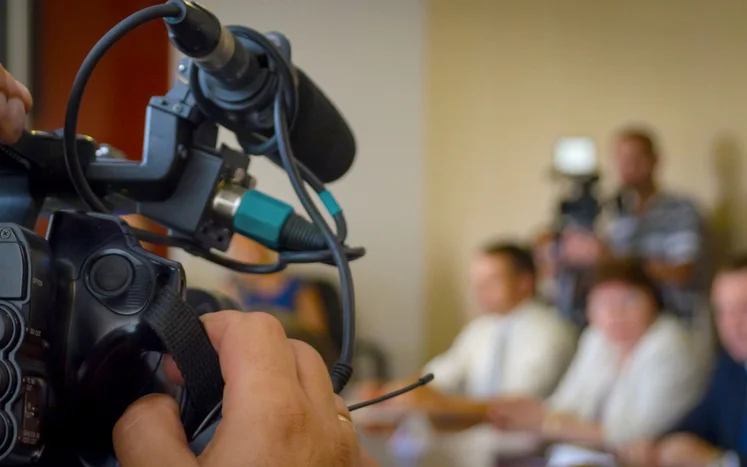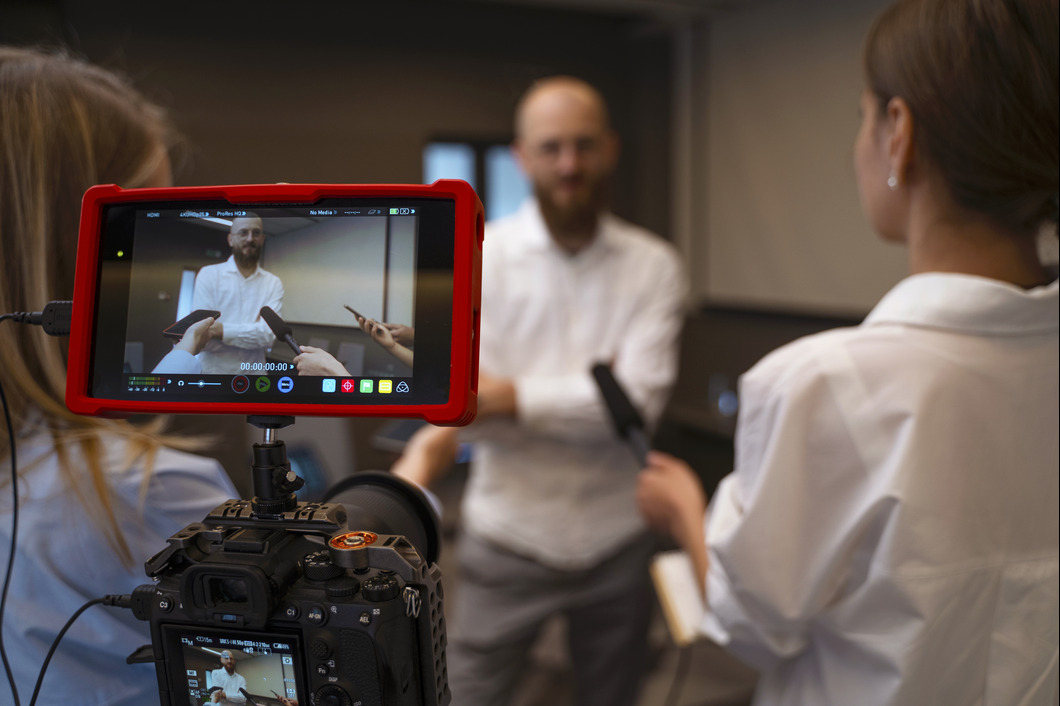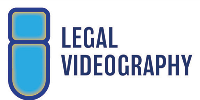Legal Videography: A Comprehensive Overview to Recording Depositions
Legal Videography: A Comprehensive Overview to Recording Depositions
Blog Article
Crucial Elements of Lawful Videography for Reliable Documents
Legal videography plays a pivotal duty in the paperwork of crucial events within the justice system, where precision and clarity are vital. Key elements such as the deployment of high-def electronic cameras, adherence to legal requirements, and effective area hunting dramatically influence the quality and reliability of the video. In addition, a videographer's professionalism and trust and interest to detail can substantially boost the evidentiary value of the videotaped product. As we check out these crucial elements, it ends up being noticeable that the nuances of this technique can have far-ranging ramifications for legal results. What might those effects entail?
Importance of Legal Videography
Lawful videography plays a critical role in the judicial procedure by giving a reputable visual record of testimonies, depositions, and various other considerable occasions. This aesthetic paperwork offers numerous essential functions, most especially improving the reputation of proof provided in court. Unlike created transcripts, video clip recordings catch non-verbal cues, such as body movement and psychological feedbacks, which can substantially influence a jury's perception of a witness's reliability and truthfulness.
In addition, legal videography help in preserving the honesty of intricate cases, ensuring that subtleties are properly stood for. This becomes particularly vital in situations involving specialist testimony, where aesthetic aids can elucidate complex ideas that might be challenging to convey with text alone.
In addition, the usage of videography can enhance test process. By allowing jurors to check out recordings instead than depending exclusively on live testimony, the procedure can become more reliable and much less vulnerable to misconception.
Technical Needs
To efficiently capture high-quality video clip in a lawful setting, certain technical requirements should be satisfied. Firstly, the option of electronic camera is critical; it ought to possess high-def capacities, ideally 1080p or higher, to guarantee quality in visual documents. In addition, the electronic camera needs to have a reputable zoom function to capture information from different distances without endangering picture top quality.
Illumination is one more essential element. All-natural light is liked, but additional illumination might be needed to get rid of darkness and ensure all individuals are appropriately brightened (Legal Videography). Soft, diffused illumination can aid create a professional look while preventing harsh contrasts

Lastly, steady recording tools is necessary. A tripod or other stabilization gear need to be utilized to avoid unstable footage, which could interfere with the professionalism of the documentation. Fulfilling these technological demands will substantially improve the quality and performance of lawful videography.
Compliance and Legal Criteria
In the realm of legal videography, adherence to conformity and legal standards is critical to make sure the stability and admissibility of recorded materials in court proceedings. Legal videographers must be skilled in the relevant laws and regulations controling the documents of evidence. This includes understanding the rules of proof, which determine exactly how video clip recordings can be utilized in court, along with personal privacy regulations that secure the rights of people recorded on video.
Furthermore, videographers must acquire correct approval from all parties associated with the recording process. This not just fosters openness however likewise safeguards versus possible legal effects. Conformity with state-specific laws is just as important, as the legal landscape differs substantially throughout territories.
Furthermore, preserving high standards of technical top quality is essential, as inadequate audio or visual high quality can lead to challenges relating to the reputation of the footage. Videographers should likewise keep meticulous documents of the chain of safekeeping for all video clip products, making sure that they can demonstrate the credibility and stability of the recordings a fantastic read if questioned in court. Essentially, compliance with lawful requirements develops the foundation of efficient and reputable lawful videography.
Best Practices for Videographers
Sticking to compliance and lawful criteria develops a strong other structure for efficient legal videography, but finest practices additionally boost the high quality and reliability of taped materials. Videographers should make use of high-grade devices, consisting of cams with adequate resolution and audio recording tools that lessen history noise. This makes certain clearness in both acoustic and aesthetic components, which is essential for legal documents.
Secondly, correct illumination is vital to stay clear of darkness or overexposure, thus keeping the honesty of the video. Videographers ought to search the area ahead of time to determine optimum lighting problems, adjusting as necessary.
Additionally, cautious framework and structure are important. Subjects should be focused within the frame, and any kind of pertinent products or exhibits should be clearly visible. This not only aids in clarity but likewise assists in communicating context during lawful proceedings.
Furthermore, preserving a neutral behavior and staying clear of individual predispositions while videotaping boosts the expertise of the videographer. Lastly, focus to detail in modifying, including smooth shifts and clear labeling of data, makes sure that the last product is not only sleek yet additionally easy to browse for legal teams. Sticking to these finest methods ultimately supports the objectives of lawful paperwork.
Enhancing Evidentiary Worth
Enhancing the evidentiary worth of lawful videography needs a strategic technique that focuses on both credibility and clarity. Legal videographers have to guarantee that the video documentation accurately reflects the events, problems, or testimonies being tape-recorded. This starts with the selection of top quality devices that captures clear audio and visual components, decreasing distortion or interference that may threaten trustworthiness.
Additionally, careful interest to information is critical. Videographers need to establish a steady video camera placement, use appropriate illumination, and prevent any type of unneeded edits that might be perceived as changing the original web content. Maintaining a neutral point of view throughout recording aids preserve the credibility of the evidence.
Additionally, proper paperwork of the recording process-- including day, time, area, and any kind of relevant contextual details-- can significantly bolster the evidentiary weight of the video. This metadata works as a vital recommendation point for authenticity.

Verdict

Legal videography plays a pivotal role in the documentation of critical events within the justice system, where precision and quality are vital.In the realm of legal videography, adherence to compliance and lawful standards is critical to ensure the integrity and admissibility of taped products in court process. Legal Videography. In significance, compliance with lawful requirements forms the foundation of effective and trustworthy have a peek here lawful videography
Sticking to conformity and legal requirements develops a strong foundation for efficient legal videography, yet ideal practices better enhance the top quality and dependability of documented products.In verdict, the relevance of lawful videography lies in its ability to give clear, trustworthy paperwork for lawful proceedings.
Report this page